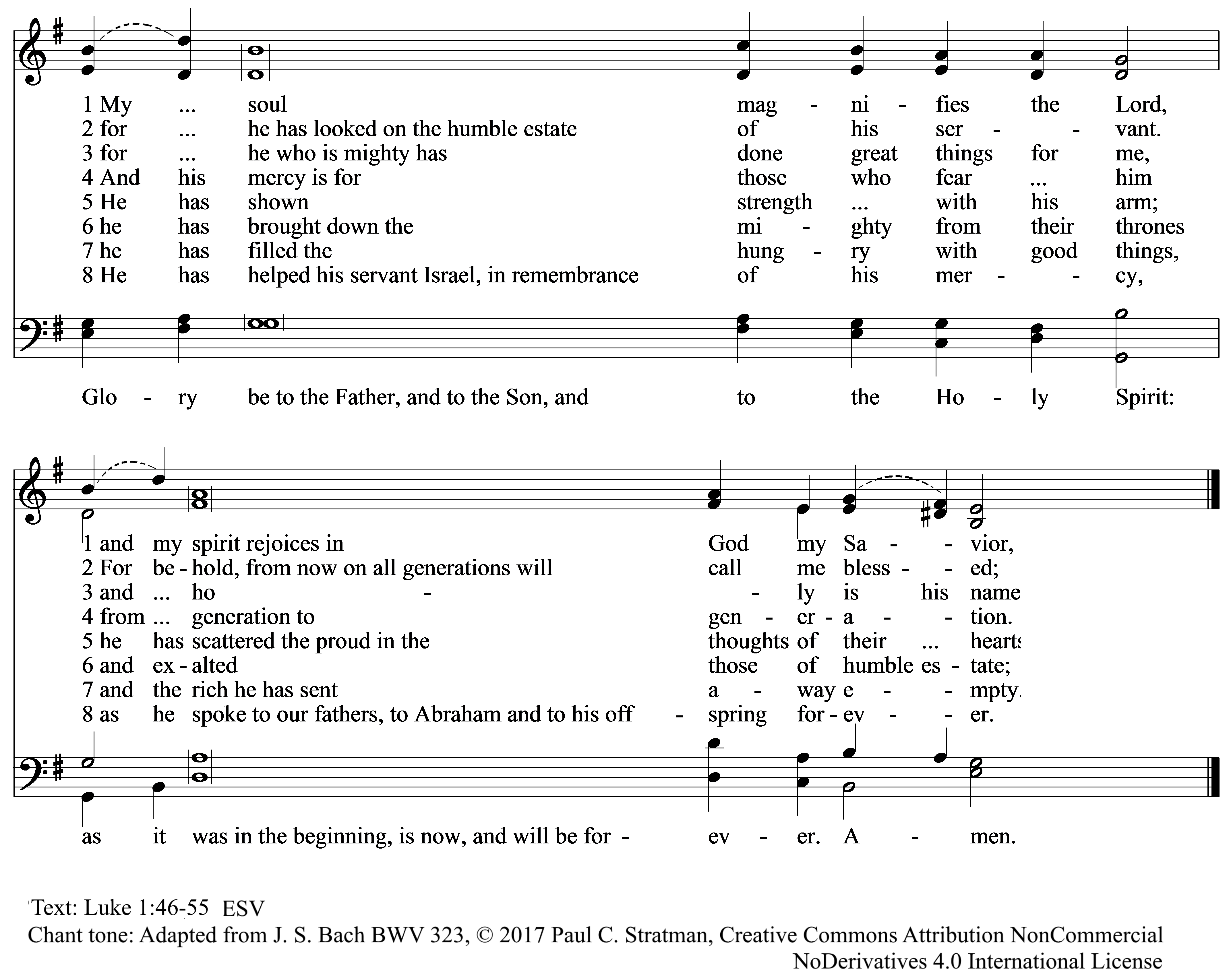
The book Prayers Ancient and Modern was also published under the title Great Souls at Prayer. Mary Wilder Tileston made a revised edition in 1928 in which she removed about a quarter of the prayers from the 1897 edition and added newer prayers. This revision is based on the 1897 edition to give preference to ancient prayers. A few prayers resisted revision and even rewriting. Prayers from the 1928 edition were included as replacements, noted, and the originals are included in an appendix.
Devotional writing in the late 1800s was often very flowery and redundant. (“Why use one word when ten will do?”) Many wordings of prayers were reduced. Passive verbs were reworked to be active and resulted in stronger, more direct prayers.
Devotional writing in the late 1800s was often pietistic, with perfectionist theology, us for God language dominating, and God for us language often lacking.
All the prayers in this edition have been modified, some more freely than others. Most I revised in such a way that they remain direct quotes of the originals.
Some prayers were completely rewritten, and the resulting content may have some different themes than the original. This kind of revision is indicated with “Adapted from N.” in the attribution. Prayers so noted should not be considered direct quotes from the original authors.
In all the revision and overhauling, I tried to keep some of the language and spirit of the originals. Prayers Ancient and Modern is available and downloadable from Google Books and from Archive.org if readers wish to compare this book with the original.
Prayers Ancient Made Modern is offered here as a print book through Lulu, and without cost in EPUB, PDF, and DOCX formats.
If you wish to use these revised prayers in other media, I ask that you give attribution in this way: Reprinted from Prayers Ancient Made Modern, copyright © 2024 Paul C. Stratman.
As mentioned above, some of the prayers were rewritten or had extensive revision. Please remember to include “Adapted from N.” in any attribution.
Paul C. Stratman

In print, through Lulu, $22.00
EPUB, free. Download here. (Text looks best if set to “Publisher Defaults.”)
PDF, free. Download here.
DOCX, free. Download here.



